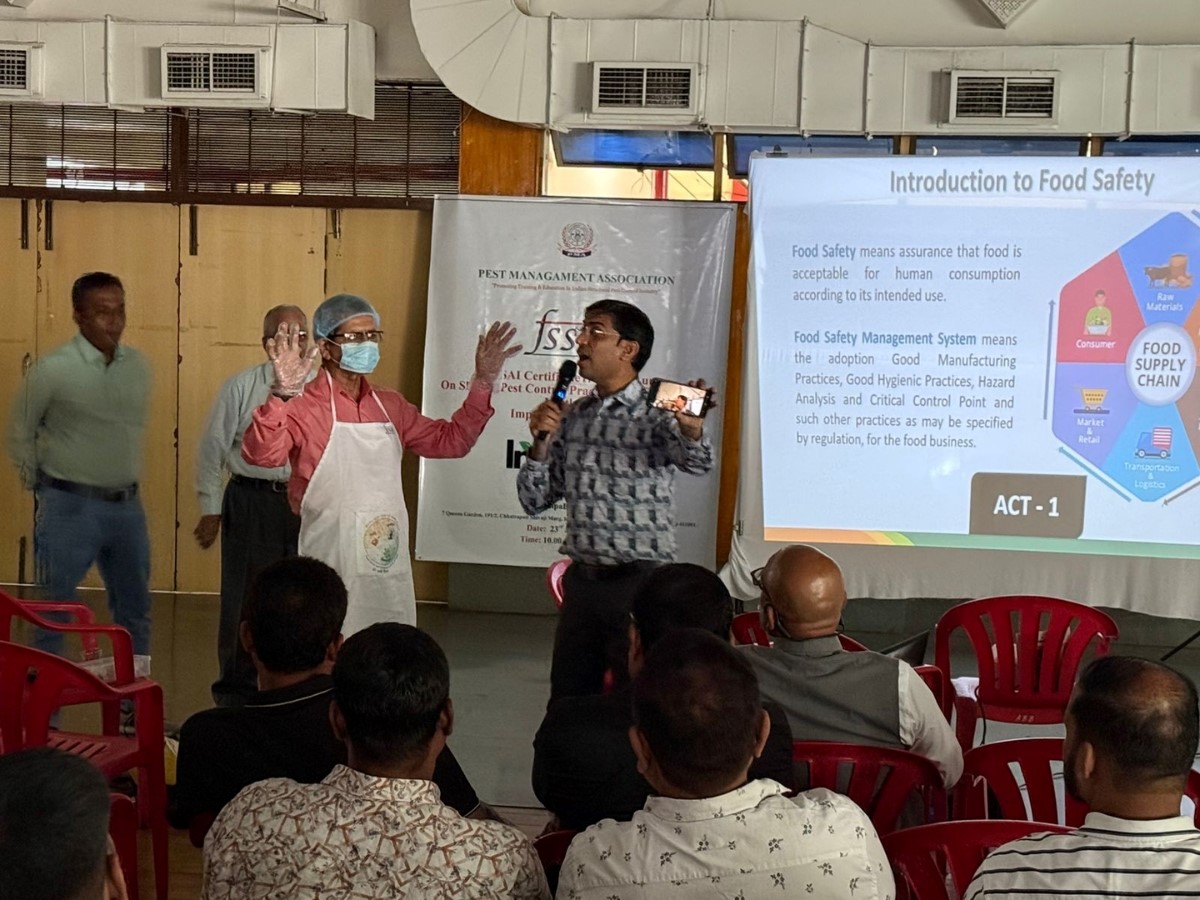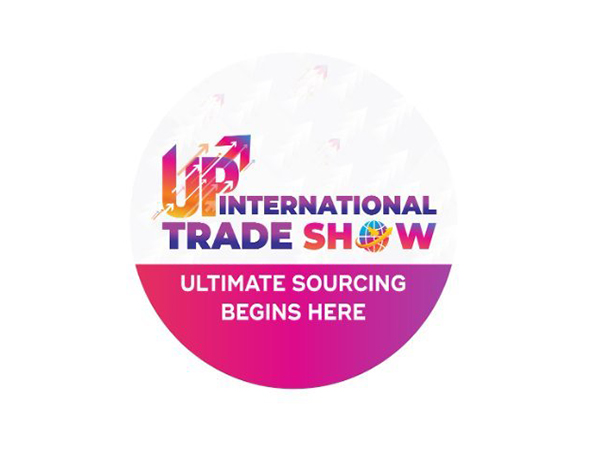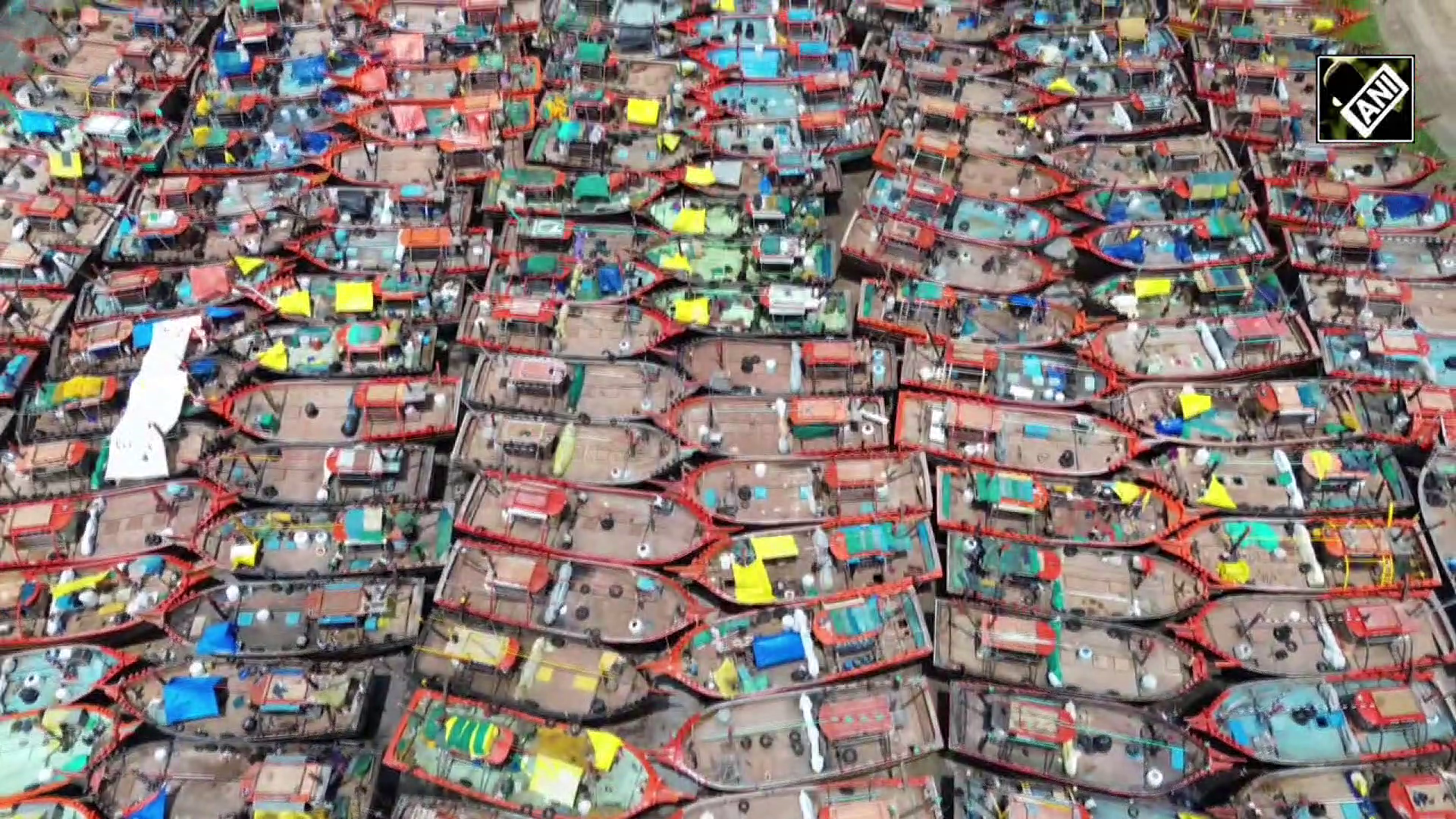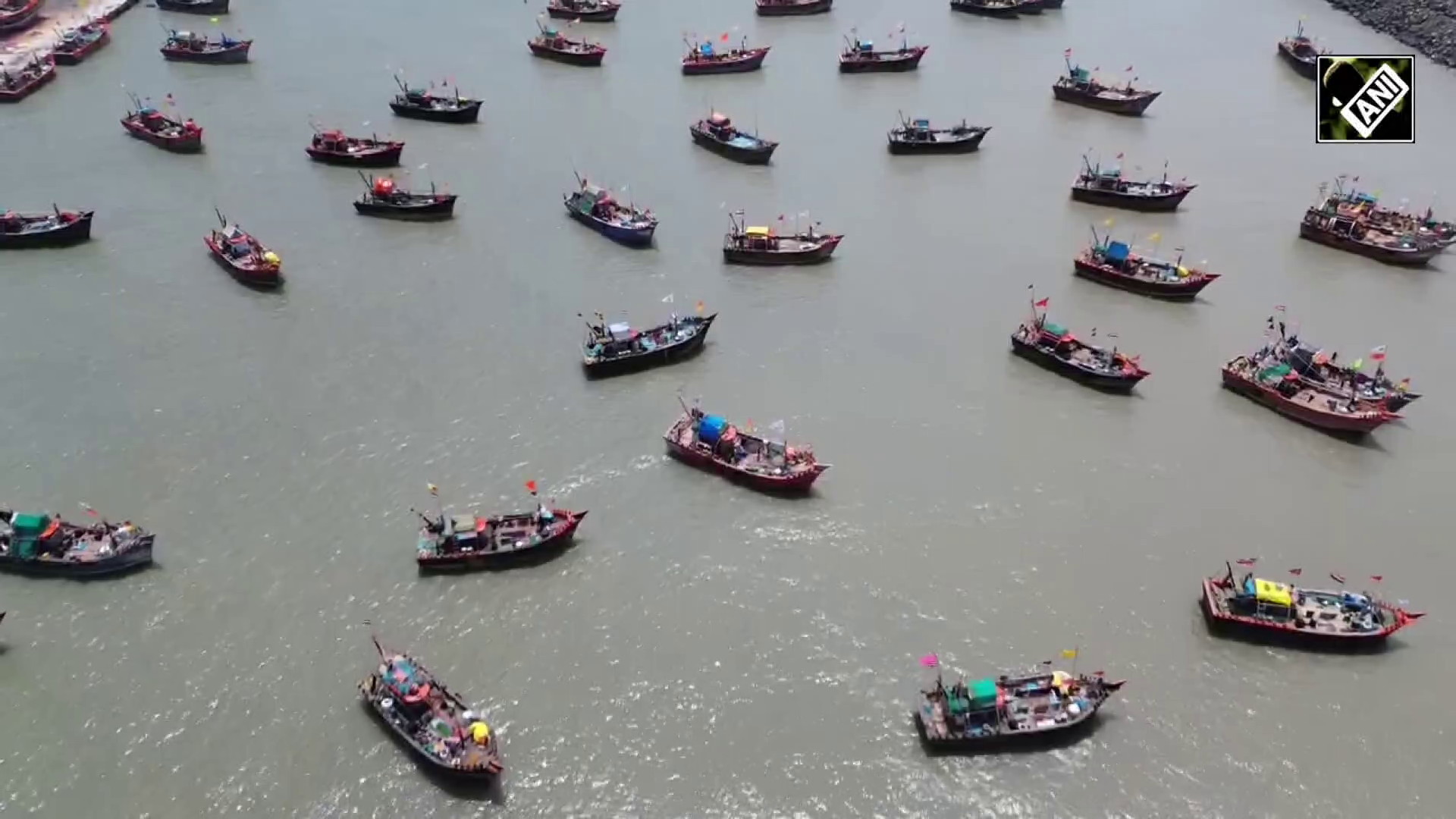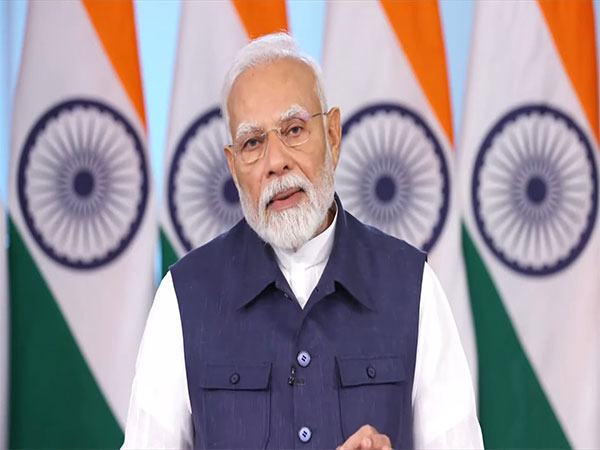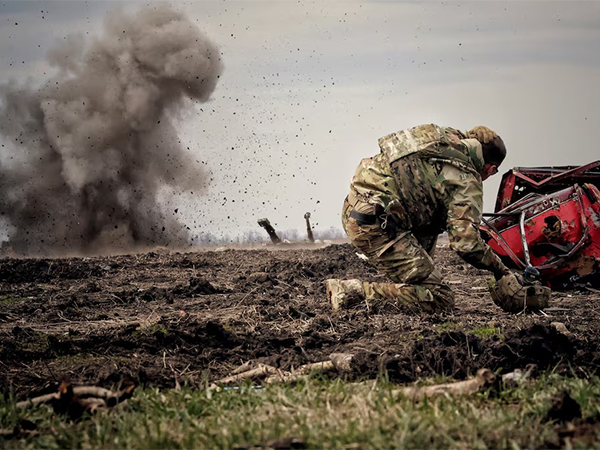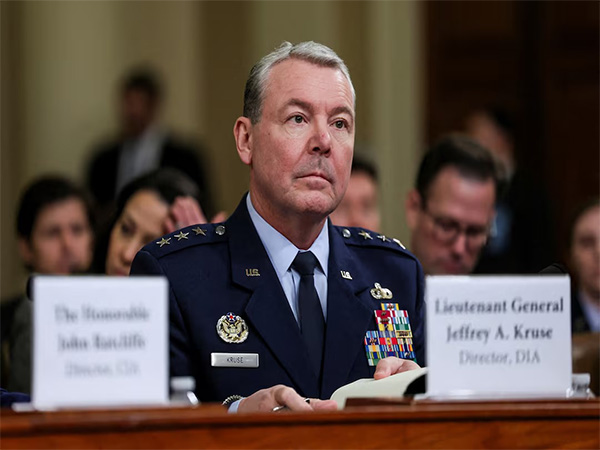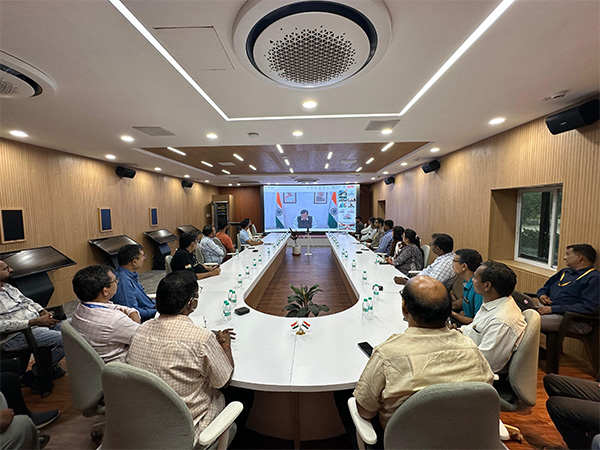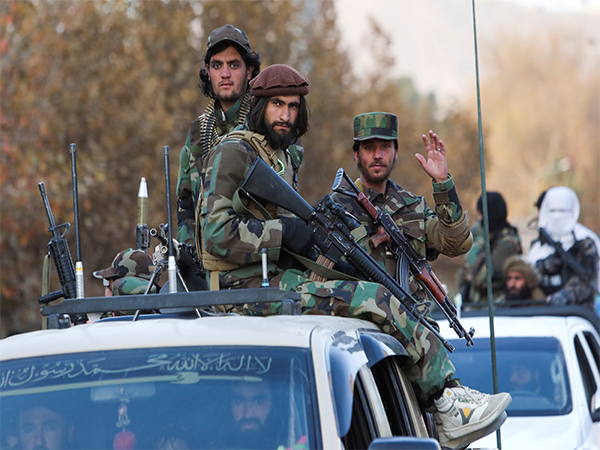
South Korea's economy to face major headwinds from Trump's attack on Iran
Jun 23, 2025
Seoul [South Korea], June 23: South Korean economy is bracing for the aftereffects of US attacks on three of Iran's core nuclear sites: Fordow, Natanz and Isfahan, according to reports by the Korea Herald.
Korean Herald reports, quoting industry insiders, that there are concerns that an escalation of this geopolitical issue can result in rising oil prices in Korea. South Korea imports nearly 70 per cent of its crude oil from the region.
US President Donald Trump on Sunday said while addressing the White House that Tehran's "key nuclear enrichment facilities" had been "completely and totally obliterated" by US forces.
"There will be either peace, or there will be tragedy for Iran, far greater than we have witnessed over the last eight days," Trump said, adding that the US will go after other targets if Iran does not agree to peace.
Crude oil prices for Korea are already witnessing a rise, mainly driven by the current Middle East issue, that is the Israel-Iran conflict, which started on June 13. US intervention in the conflict will further impact the prices.
As of Friday, Key international oil benchmarks -- WTI Crude and Brent Crude, surged 5.29 per cent and 3.75 per cent to USD 76.84 and USD 77.01 per barrel, respectively, compared to June 13.
On Monday, in the opening session, Brent crude oil prices surged over 1.4 per cent, reaching USD 78.38 per barrel. The spike came amid fears that the conflict could disrupt oil supply through the Strait of Hormuz, a key route for global oil transport.
According to the Korea National Oil Corporation, domestic gasoline prices for the third week of June rose by 0.48 per cent from the previous week, reaching 1,635.5 won per litre, reports the Korean Herald.
"A rise in global crude oil prices could lead to several economic uncertainties, including fluctuations in Korean companies' stock prices and government bonds," said Kim Tae-hwang, an international trade professor at Myongji University.
Additionally, Kim warned of a worst-case scenario in which Iran pursues retaliatory actions, including blocking one of the most important passages for oil tankers, the "Strait of Hormuz." As a result, this could have a negative impact on Korean companies, with skyrocketing maritime freight rates and disruption in the global supply chain.







